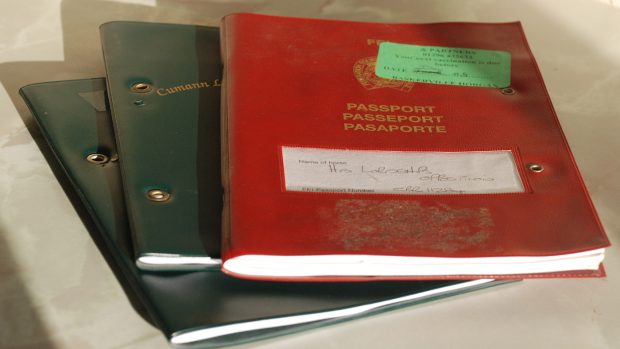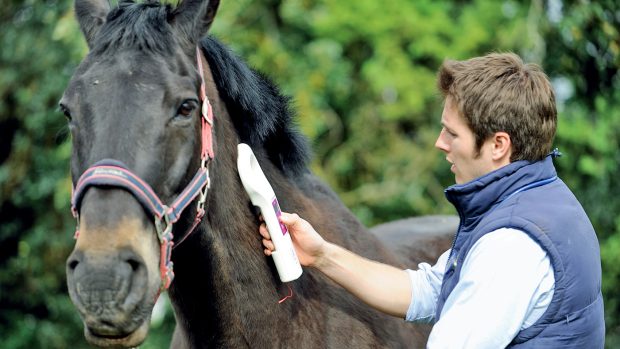Drop-in events where horses are issued with passports and microchipped in an attempt to combat fly-grazing have been hailed a success by some welfare agencies.
But others are questioning their efficacy.
H&H reported in March that fly-grazing had become an “epidemic” in south Wales. In May, equine lawyers said they were receiving an increased number of calls on the issue.
Many of the animals are owned by travellers.
The British Horse Society (BHS) has been running microchipping and passporting sessions for about two years. Head of welfare Lee Hackett said they “definitely had an impact” on fly-grazing and abandonment, although he could not provide any statistics.
David Collier, chief rural affairs adviser at the National Farmers’ Union, has surveyed his members, who say that fly-grazing has worsened in the past three years.
“Whether it [a drop-in session] will reach the people who really need to be reached, I don’t know,” he said.
Nicola Markwell from the charity Redwings shared his reservations. She said the microchipping scheme relied on “responsible owners coming forward and those who fly-graze are not responsible”.
World Horse Welfare ran a session with Buckinghamshire County Council on 6 October, chipping around 40 horses.
The charity’s field officer Nick White said the events helped to discourage fly-grazing.
“They save police time identifying loose horses,” he added.
Equine lawyer Sarah Jordan of Clarke Willmott solicitors has proposed a more radical solution. She is calling for a change in the law to allow landowners to passport and sell dumped horses.
This news story was first published in the current issue of H&H (18 October 2012)



